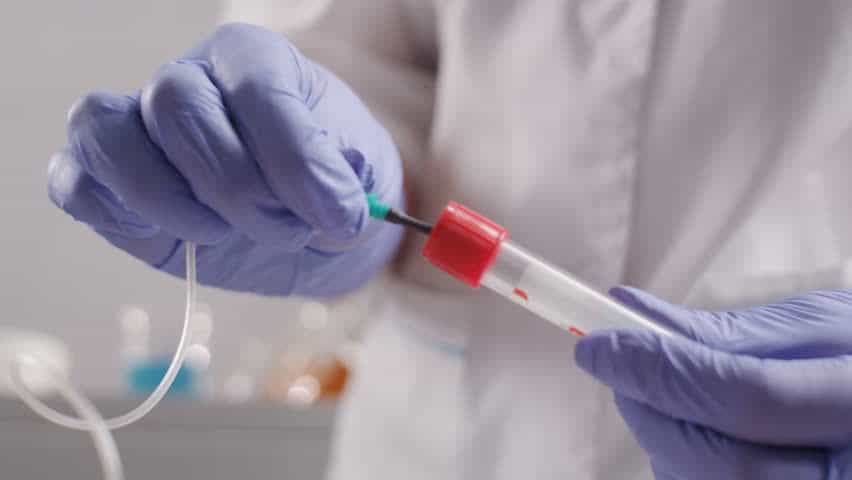Contents:
- Medical Video: Stages of Kidney Disease
- Urea is kidney waste
- How do I know high levels of urea in the blood?
- What is the normal level of urea in the blood?
- What causes blood urea levels to increase?
Medical Video: Stages of Kidney Disease
How well your kidneys function can be seen from the level of urea in the blood. Blood urea levels can be checked through a test called the BUN test. Urea is a waste product from a protein that is digested by the body. Generally, high levels of urea in the blood means your kidneys are not working properly. What caused it?
Urea is kidney waste
Urea is a waste product from the digestion of protein from the food we eat. Protein contains nitrogen which the body cannot digest and must be removed. Before being released, the nitrogen will be converted into urea or what is also called urea nitrogen.Normally, urea will be filtered by the kidneys and then released with urine.
How do I know high levels of urea in the blood?
Too much or too little urea left in the blood can reflect kidney conditions. Urea levels in the blood can be measured through testsblood urea nitrogen (BUN), to see how much presence of urea nitrogen is in the blood.
BUN tests are often aimed at people who have kidney disease, or who are at high risk of experiencing it because they show the following symptoms:
- Frequent urination
- The urine color is dark or contains blood
- Joint pain
- Bone pain
- Spinal pain
- Muscle cramps
- Tired
- There is a sleep disorder
- Bad appetite
- Swelling (especially in the hands and feet)
Aside from being a diagnostic test for people suspected of having kidney disorders, the BUN test can also be inserted into a routine physical examination at the doctor, during a medical checkup, or when the treatment for diabetes treatment is complete.
What is the normal level of urea in the blood?
In general, normal BUN levels are between 7-20 mg / dL. But the blood urea level of each person can be different, depending on age and sex:
- Adult male: 8-20 mg / dL
- Adult women: 6-20 mg / dL
- Children: 5-18 mg / dL
If more or less, the doctor will usually add other tests to see a picture of your overall kidney health. The results of this BUN value will be influenced by protein consumption, pregnancy conditions, aging, and also drugs consumed.
However, just doing a BUN test cannot automatically tell you about the causes of high blood urea levels.
What causes blood urea levels to increase?
Various causes of high urea levels are:
- Trauma or kidney injury
- Diseases, such as diabetes, high blood pressure, heart failure
- Severe dehydration
- Stress and tissue damage (such as experiencing severe burns)
- Bleeding in the digestive tract
- Disorders of the excretory tract
- Side effects of drugs that damage the kidneys, such as NSAIDs, hypertension drugs, antibiotics, anticonvulsant drugs, and some chemotherapy drugs. Dosages are usually strictly regulated if you need these medicines for your condition,
- Most eat high-protein foods
- Severe starvation (famine), malnutrition. When you do not receive food intake for a long time, the body will break down protein from muscle tissue to become energy. Breaking this protein can cause an increase in blood urea levels.
- Pregnancy
- Aging. As we age, the function of the kidneys to filter and remove urea can decrease so that it accumulates in the blood.












